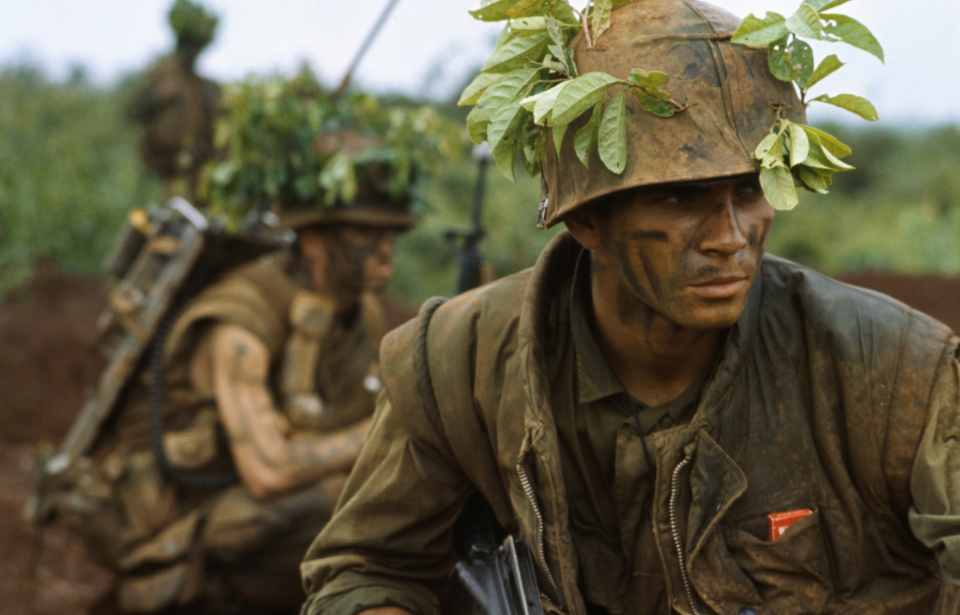Soften your boots in water
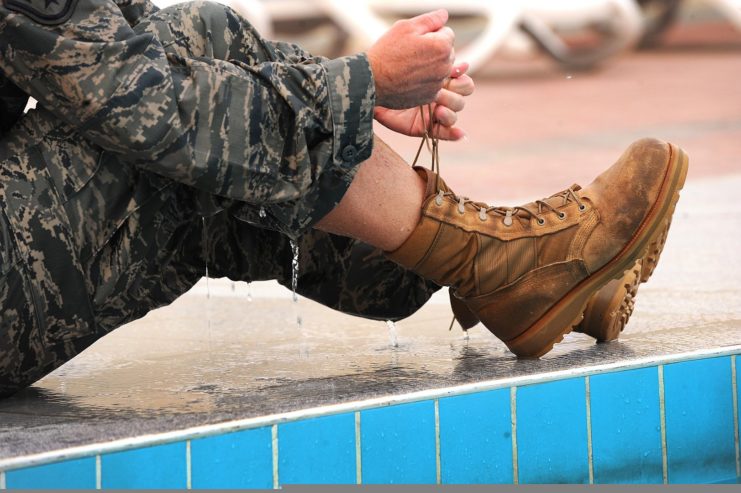
Service members are often on their feet and must be ready to move quickly at any moment. Therefore, they need comfortable footwear. It’s widely known, even outside of the military, that breaking in new boots can be challenging. Fortunately, the military has a reliable method for softening them to make walking and running easier. By soaking the boots in water for roughly an hour, the material becomes more pliable, helping to prevent blisters.
Duct tape can prevent blisters
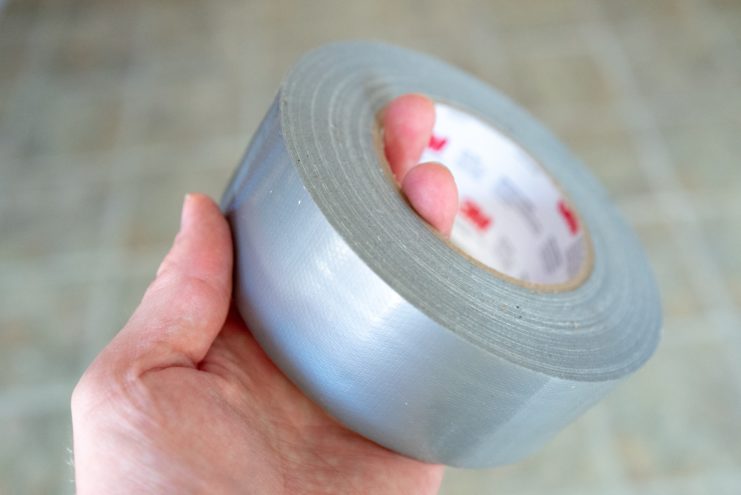
If your boots aren’t soft enough after an hour of soaking, you might end up with blisters on your heels. Luckily, servicemen have a solution for this, too: duct tape! Surprisingly, the product can serve as a guard or pad to prevent shoes from rubbing against areas where blisters are more prone to occur. By sticking some duct tape there, you can avoid the pain.
How to properly tie boot laces
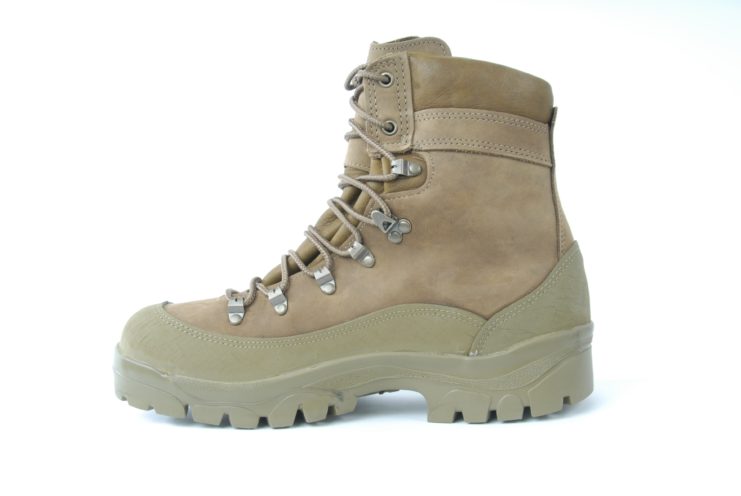
Along with the feel of the footwear, properly tying boot laces can be integral to the comfort of your feet. After soaking them and/or applying duct tape to your heels, you may find your boots still feel a little stiff when you actually walk in them. If that’s the case, this old military hack can serve as a quick and easy solution.
When lacing up your boots, avoid the holes up by your ankles. By skipping these, you’ll allow for more natural mobility around where the boot creases when you’re in motion.
Powder wounds with sugar
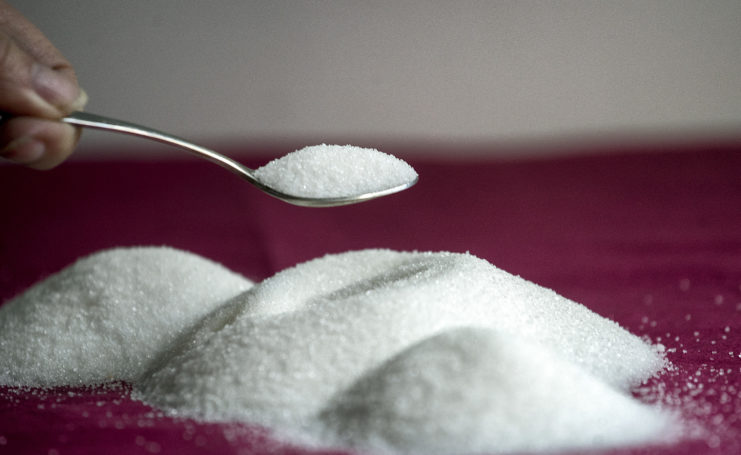
During their careers, military personnel often encounter injuries, some of which can be treated with sugar depending on how severe they are. Interestingly, sugar also acts as an anti-bacterial agent. Applying sugar to wounds can temporarily stop the spread of infection. Although this should not replace traditional anti-bacterial medications, it can offer some help in an emergency until conventional treatments are available
Vaseline can start fires
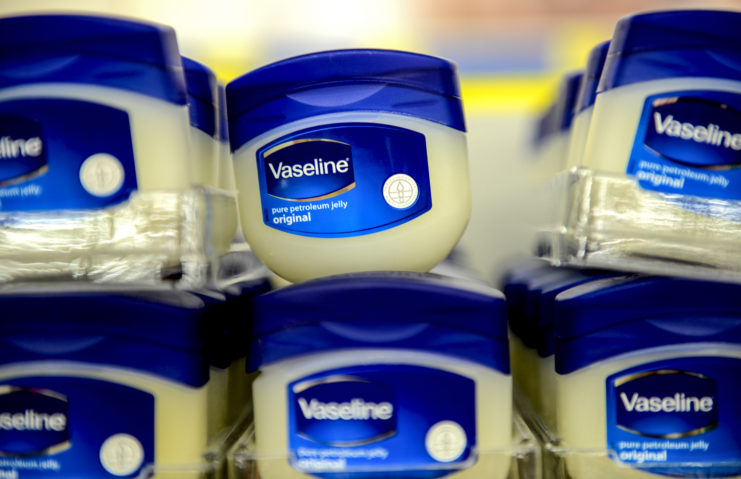
Who knew petroleum jelly was flammable?
This all-around moisturizer has been a first aid kit essential since the First World War, and not only can it ease burns and treat cuts, it can also start fires! All you need to do is dip a cotton ball into a pot of Vaseline and light it with a lighter or match. The soggy material will easily catch fire, and can act as either a fire starter or provide a bit of light and warmth, if necessary.
Maxi Pads can stem blood
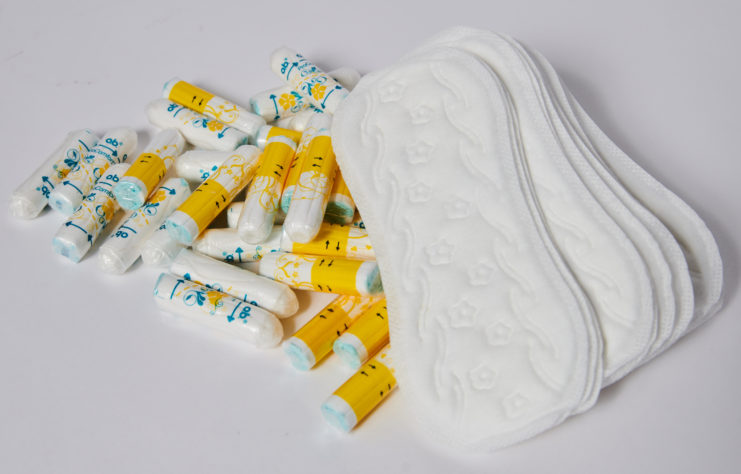
Contrary to what you might think, maxi pads are a valuable asset during battle. In situations where injuries occur often and quickly, this menstrual product excels at its primary function: absorbing blood. Its usefulness extends beyond the battlefield as well. Maxi pads are beneficial for camping, work settings, or even at home. When a wound requires covering, a pad secured in place can effectively stop the flow of blood.
Fix threads with fire
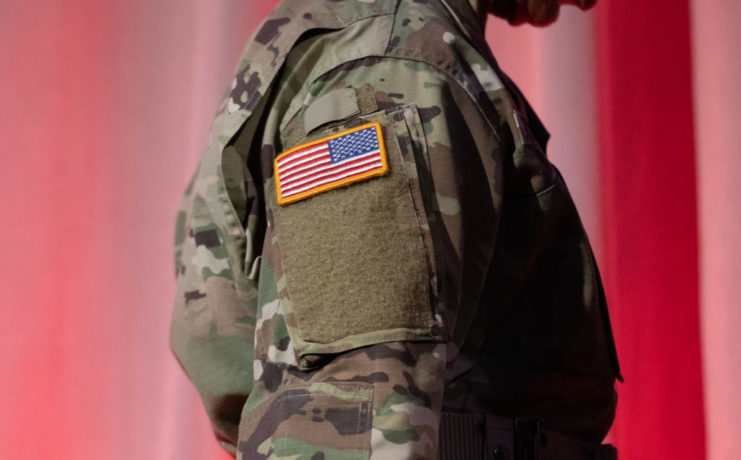
Servicemen always look well put together, as loose threads have no place on military uniforms. When a thread does come loose, they know better than to pull it. Instead, they grab their nearest lighter and burn it. Not only does the flame destroy the length of the thread, it prevents any snagging.
This is a handy hack that works for any clothing, as long as you’re careful.
Make your bed every morning
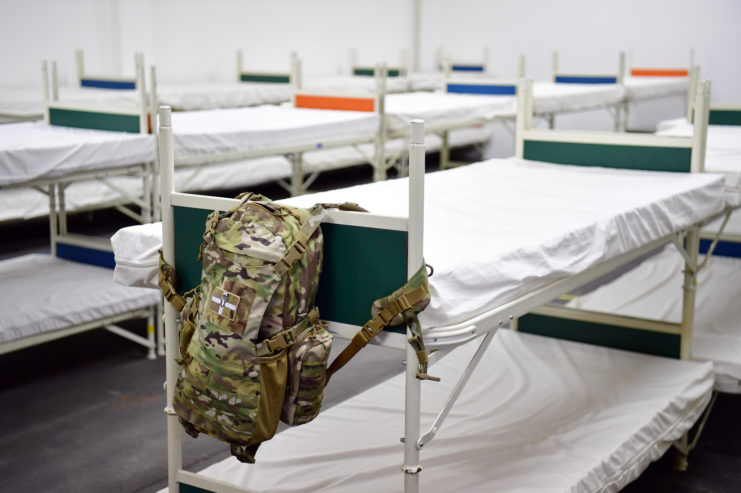
Barracks are known for their meticulous cleanliness, and making the bed is one of the first skills taught to servicemen during training.
Use socks to keep water cool
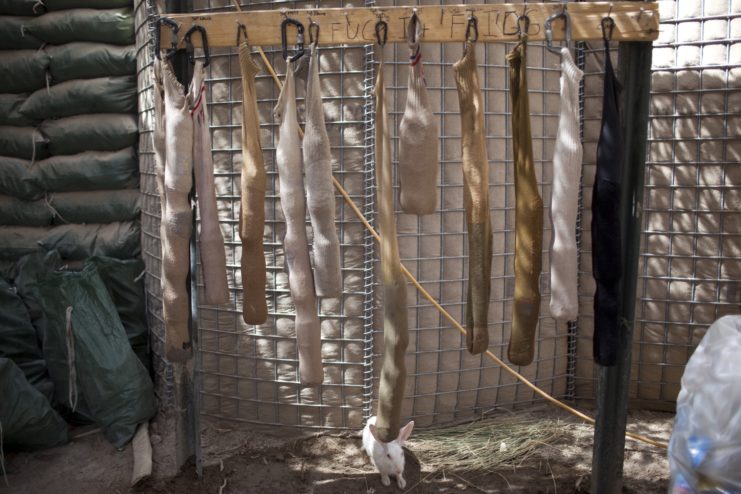
There’s little worse than sipping hot water on an equally hot day. Servicemen often struggle with this, especially when they’ve been deployed to environments with arid climates and hot temperatures. Thankfully, there’s a military hack to keep water cool. All you have to do is take a sock and soak it in water. Then, place a bottle inside. The wet sock will act like a refrigerator and keep the water within the bottle nice and cool.
A cure for athlete’s foot
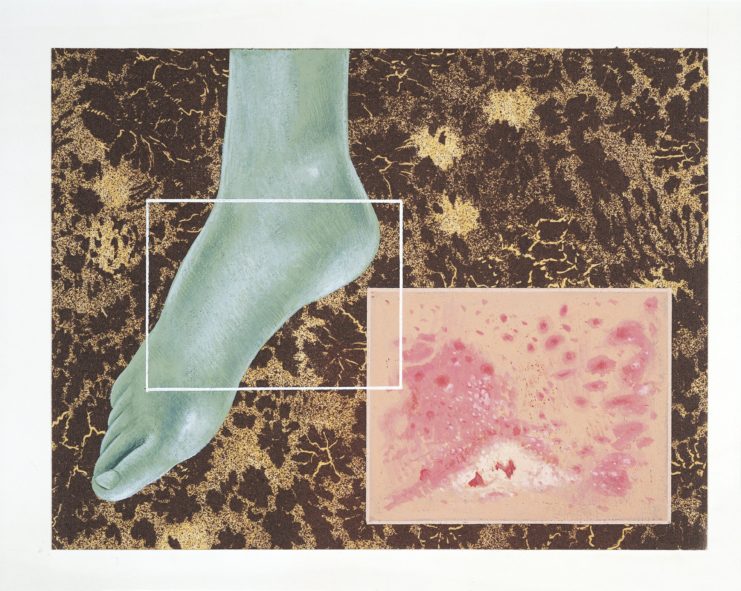
More from us: Six Authoritarian Countries Where Democracy Is Virtually Extinct
We don’t necessarily recommend this next military hack, but it is known to work. If you suffer from athlete’s foot, peeing in the shower can actually help to cure it. Urine contains urea, an anti-fungal. By peeing in the shower, you essentially wash your feet in urea, which can reverse the infection.
Again, we’re not saying we recommend you do this, but if push comes to shove, there’s always peeing in the shower.
